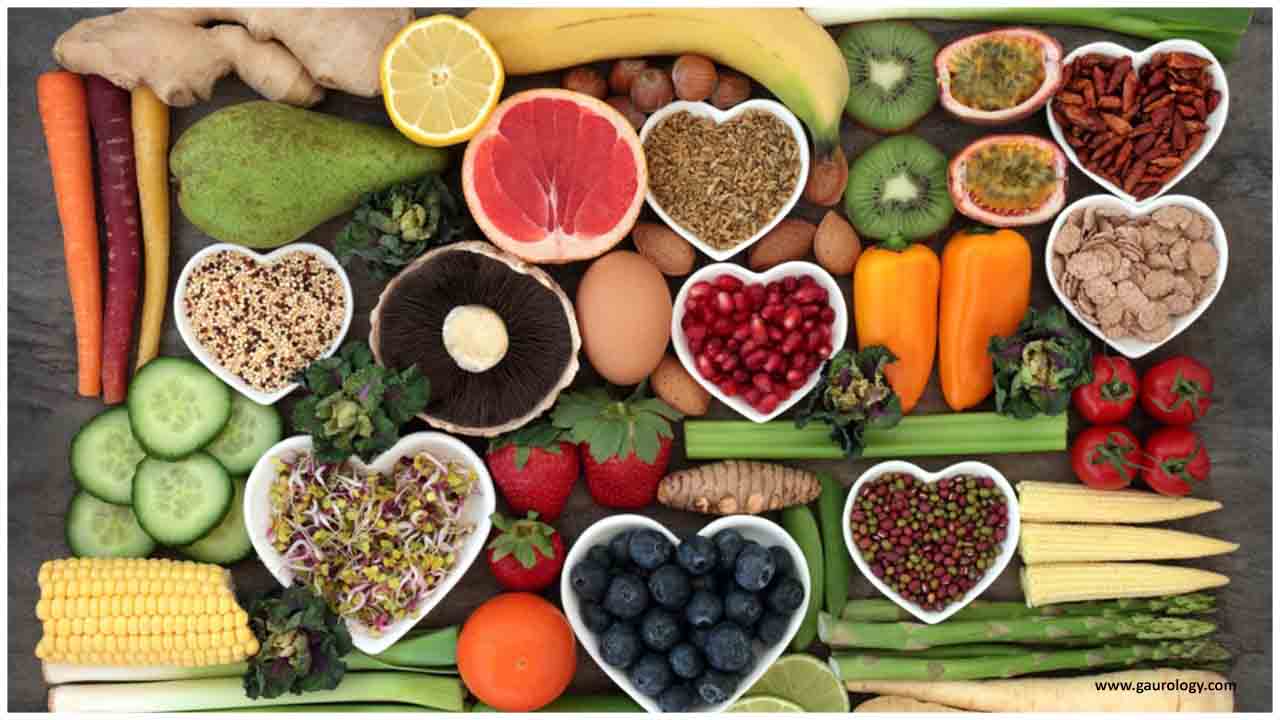Cancer is one of the main causes of death around the world. In any case, studies have proposed that with changes in the way of life, for example, following a healthy eating routine could prevent 30–50% of the people from the risk of developing cancer. Many studies have proved that certain dietary habits can diminish cancer risks. Hence nutrition is thought to have a significant job in treating and coping with cancer.
Malnutrition and muscle loss are regular in individuals with cancer and negatively affect wellbeing and survival. While no eating regimen has been demonstrated to fix cancer, appropriate nourishment is imperative to supplement customary disease medicines, help in recuperation, limit disagreeable manifestations, and improve personal satisfaction.
A great many people with malignancy are asked to adhere to a healthy, well-adjusted eating regimen that incorporates a lot of lean protein, healthy fats, fruits, vegetables, and whole grains, just as one that cuts off sugar, caffeine, salt, processed foods and liquor
Foods that Contain Cancer-Fighting Properties
There is no single superfood that can prevent cancer. A combined approach is probably going to be useful. Researchers say that eating the ideal foods for cancer may decrease your hazard by up to 70% and would almost certainly help recover from it as well.
Following are foods that are cancer-fighting in nature:
- Proteins
An eating regimen adequate in great protein and calories may help lessen muscle loss. Great protein sources incorporate lean meat, chicken, fish, eggs, beans, nuts, seeds, and dairy items.
- Nuts
Routinely eating nuts might be connected to a lower danger of particular sorts of cancer growth. For instance, one large study done on 19,000 subjects found that the individuals who ate more nuts had a decreased danger of dying from cancer.
- Olive Oil
Numerous studies show a connection between olive oil and decreased cancer risk. One large review of observational studies found that individuals who devoured the highest amounts of olive oil had a 42% lower risk of malignant growth, as contrasted with the control group.
- Garlic
Garlic contains allicin, which has been appeared to have cancer-fighting properties in test-tube studies. Other studies have discovered a relationship between garlic consumption and a lower risk of specific cancers like stomach and prostate.
- Fatty Fish
Evidence suggests that eating fresh fish can help secure against cancer, potentially because of healthy fats that can decrease inflammation. A large survey of 41 examinations found that routinely eating fish decreased the risk of colorectal cancer by 12%.
- Dairy
Most of the studies propose that eating certain dairy items may diminish the risk of colorectal cancer. The type and amount of dairy consumed to make a huge difference. For instance, moderate utilization of good quality dairy items, for example, raw milk, fermented milk items, and milk from grass-fed cows may have a defensive impact. This is likely because of more significant levels of advantageous unsaturated fats, conjugated linoleic acids, and fat-soluble vitamins. Then again, the high consumption of mass-produced and processed dairy items is related to an increased risk of specific diseases, including cancer. The purposes for these outcomes aren't completely understood however might be because of hormones present in milk from pregnant dairy animals or IGF-1.
- Vegetables
Observational investigations have connected a higher utilization of vegetables with a lower danger of cancer. Numerous vegetables contain cancer-fighting antioxidants and phytochemicals.
For instance, cruciferous vegetables, including broccoli, cauliflower, and cabbage, contain sulforaphane, a substance that has been appeared to reduce tumor size in mice by over half. Different vegetables, for example, tomatoes and carrots, are connected to a diminished danger of prostate, stomach, and cellular breakdown in the lungs.
- Fruits
Like vegetables, fruits also contain anti-oxidants and different phytochemicals, which may help stop cancer. One survey found that consuming three servings of citrus fruits every week decreased stomach cancer growth by 28%.
- Flaxseeds
Flaxseeds have been related to protective effects against specific malignancies and may even diminish the spread of the cancer cells. For instance, one examination found that men with prostate cancer taking 30 grams — or around 2 tablespoons — of ground flaxseed every day experienced more slow cancer development and spread than the control group. Comparative outcomes were found in women with breast cancer.
- Spices
Some test-tube and animal studies have discovered that cinnamon may have anti-cancer properties and keep cancer cells from spreading.
Furthermore, curcumin, which is available in turmeric, may help battle cancer. One 30-day study found that 4 grams of curcumin every day diminished conceivably destructive injuries in the colon by 40% in 44 individuals not getting treatment.
- Beans and Legumes
Beans and legumes are high in fiber, and a few examinations recommend that higher admission of this nutrient may protect against colorectal disease. One investigation in more than 3,500 individuals found that those consuming the most legumes had up to 50% lower risk of specific kinds of tumors.
The above foods when incorporated in the eating regimen as a mixed diet, for example, fruits, vegetables, whole grains, beans and legumes, spices, healthy fats, fresh fish, and high-quality dairy, will be more powerful and beneficial in securing our body against cancer.
Side-effects of cancer and its treatment can in some cases make it hard to eat. These incorporate taste changes, nausea, and loss of hunger, inconvenience in swallowing, diarrhea, and constipation.
On the off chance that you experience any of these indications, it's essential to address and speak to your dietitian or another wellbeing proficient who can prescribe how to deal with these side effects and guarantee ideal nutrition.

 Following a healthy eating routine could prevent 30–50% of the people from the risk of developing cancer
Following a healthy eating routine could prevent 30–50% of the people from the risk of developing cancer







.jpg)


.jpeg)

.jpg)






.jpeg)



.jpg)






.jpg)


